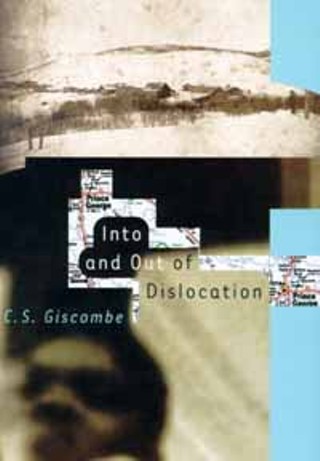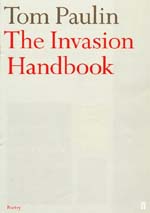Into and Out of Dislocation
Reviewed by Tim Walker, Fri., Aug. 4, 2000

Into and Out of Dislocation
by C. S. GiscombeNorth Point Press, 343 pp., $24
This intriguing memoir, the first book of prose from poet-professor C. S. Giscombe, explores themes of geography, race, and family in an intentionally disjointed narrative continually passing back and forth in time and place. Various sections deal with the author's past homes and travels across the U.S., in Jamaica and England, and especially throughout Canada. Many themes arise again and again, for example race relations, Giscombe's own family relationships, and the apocryphal nature of both oral family histories and written "official" histories. The author also provides insight on physical injuries (he lost an arm in a boyhood accident), on being an intellectual from the black middle class, on train travel, and on the joys and perils of bicycling long distances.
Through all of these twists and turns, the center of Giscombe's narrative is his quest to track the life of his possible kinsman John R. Giscome (the alternate spelling is important), a black Jamaican explorer and miner active in British Columbia in the late 19th century. Particularly in the book's recurring "Winter in Fort George" sections, Giscombe recounts his own experiences living near the locus of Giscome's activity and trying to come to grips with it across the intervening century.
Giscome was a pioneer -- a term, Giscombe notes, usually reserved for whites. He was a successful and ultimately well-to-do black man operating in a world far from his own background in Jamaica and far from the author's perspective as an academic nomad roving from one U.S. university to another in search of better work. The gaps to be bridged -- geographic, chronological, educational, sociological -- provide fertile ground for Giscombe's analysis. And, since few of Giscombe's U.S. readers could claim a fascination for Canada as abiding as his own, the space between author and reader likewise stimulates the reader's thinking along many lines.
Although the prose is usually lucid and often thought-provoking, this is not a book to read for the craft of its structure or sentences; Giscombe is no John McPhee. Worse, some of his analyses ring false. In particular, he seems underfunded with data; his is a very personal journey but not an impeccably researched one. The book finally feels inchoate, as if it were pulled together from some well-composed parts and some rambling or indolent ones. At too many points one asks, "Why is he telling me this? Why did he keep that detail in?" Ultimately, the author comes across as smart and sensitive -- surely an interesting person -- but unwise in the making of books. One looks for a book to be thought-provoking, though, and this one fills the bill: For all its faults, this is an interesting read because of the perspective it offers from a thoughtful person with unusual preoccupations.










